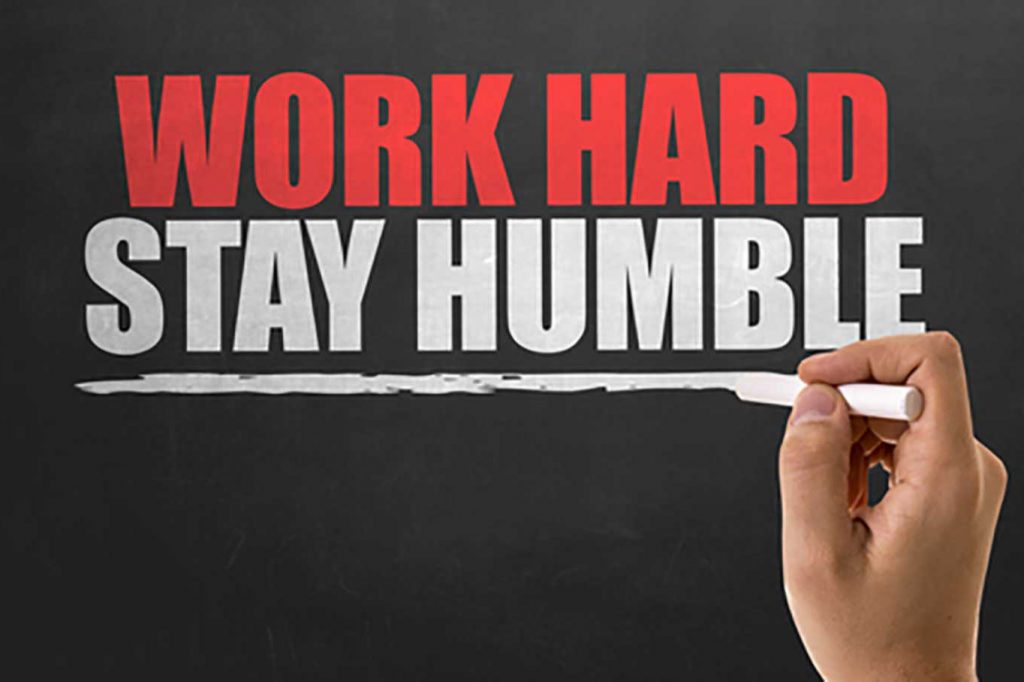“Egos drive people in every occupation” (Heenan, 2012, pp. 19).
Unfortunately, when humility is absent, leaders lose the ability to listen and focus on what is important. Jim Collins describes the resulting behaviors as “arrogant neglect”, and that when this happens, organizations enter the first stage of organizational decline (Collins, 2009, pp. 29).
What can prevent this from happening? In his research comparing ‘good to great’ companies, with companies that failed to make the leap, he discovers certain attributes of leadership he describes as Level 5 Leadership (Collins, 2001, pp. 17).
In contrast to the popular practice of appointing ‘celebrity’ leaders who are quick to point to their messianic endeavors in building successful organizations, Level 5 Leadership is a blend of humility and drive in leaders, and the “incurable need to produce results” if their organizations are to become great and enduring (Collins, 2001, pp. 30).
However, while the research is clear that humility cannot be a substitute for leadership competencies, neither can a leader’s competencies compensate for the absence of humility. They need to co-exist!
Many good companies fail to reach greatness simply because Level 5 leadership does not exist. In more than 75 percent of the comparison companies, executives set their successors up to fail (Collins, 2001, pp. 26). They wanted to believe that the organization would not have achieved the level of success it did without them at the helm.
In a culture that thrives on competition and the accumulation of wealth and status as symbols of its success, Collins affirms the need for leaders to demonstrate “compelling modesty” –
“In contrast to the very I-centric style of the comparison leaders, we were struck by how the good-to-great leaders didn’t talk about themselves. During interviews with the good-to-great leaders, they’d talk about the company and the contributions of other executives as long as we’d like but would deflect discussion about their own contributions…it wasn’t just false modesty” (Collins, 2001, pp. 27).
What’s the bottom-line?
Level 5 Leadership is a unique blend of humility and drive that gets sustainable results, helping an organization become enduring. Reflect on the following –
- Are you comfortable talking about the achievements of your team, or feel compelled to talk about your own leadership?
- Are you focused on surrounding yourself with staff that are less talented and ambitious than you, or committed to getting the right people on the bus who are better at what they do than you?
Humility without the drive for results will end in disappointment; the inverse is also true.
References
Collins, Jim. (2001). Good to Great – Why Some Companies Make the Leap…and Others Don’t. New York: HarperCollins.
Collins, Jim. (2009). How the Mighty Fall and Why Some Companies Never Give In. New York: HarperCollins.
Heenan, David. (2012). Leaving on Top: Graceful Exits for Leaders. Boston: Nicholas Brealey Publishing.




